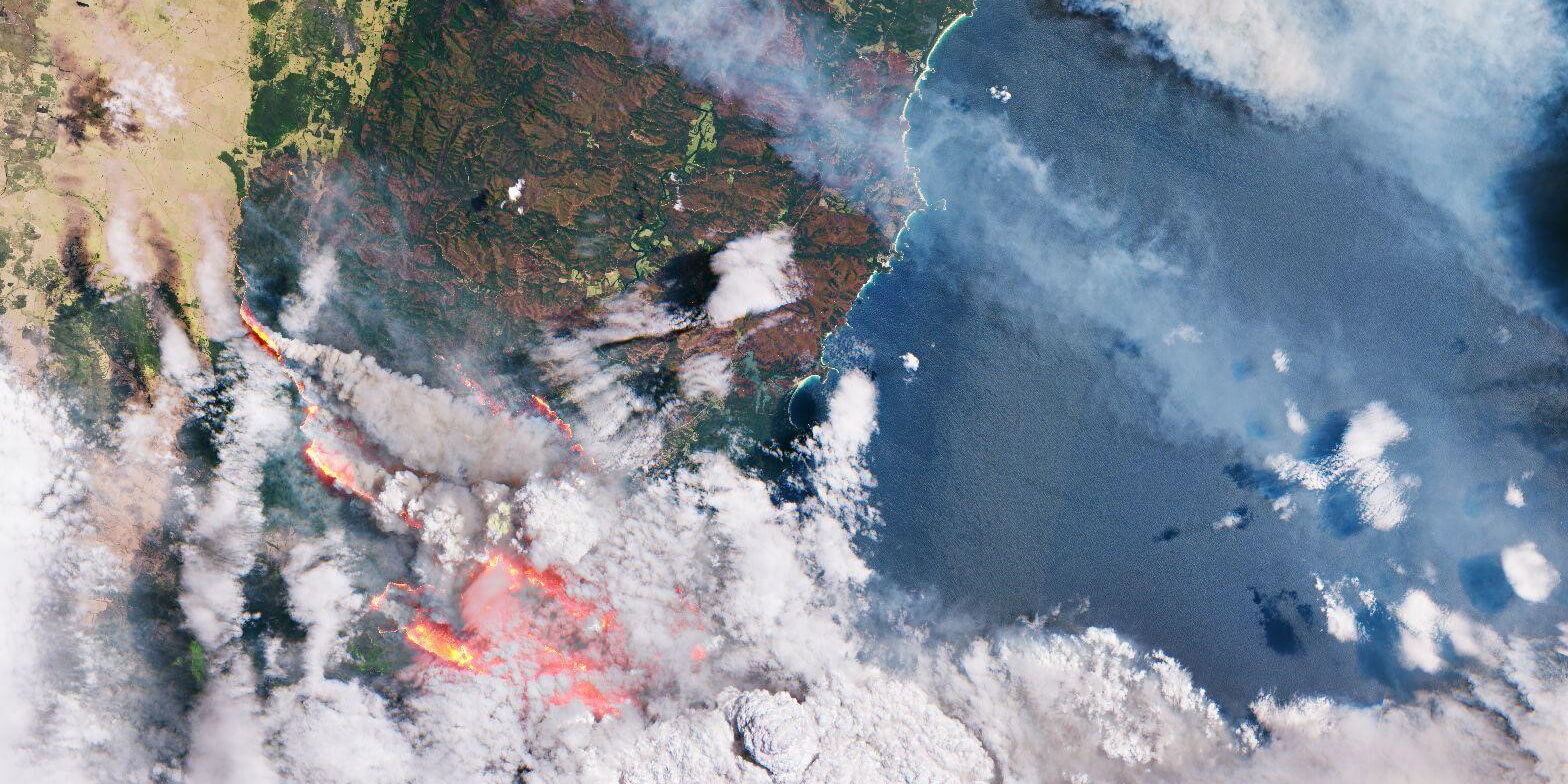
The report, which was presented today to Patricia Espinosa, Executive Secretary of the United Nations Framework Convention on Climate Change (UNFCCC), provides a horizon scan of the 10 most pressing research findings and emerging scientific insights from 2021. A recording of the press conference with Patricia Espinosa is available to watch here.
Ten New Insights in Climate Change highlights findings on climate from across a range of scientific disciplines, including the increase in megafires across the world, and new economic analysis that justifies the costs of rapid climate action. The 2021 report also includes targeted policy recommendations at different levels, from the local to the regional and global, and was shared early with COP26 delegates to help spark action on the climate crisis.
The latest insights warn that we are on the verge of or already past the point of exhausting the carbon budget for exceeding global warming of 1.5°C above pre-industrial levels, and that achieving the Paris Agreement target will only be possible with immediate, unprecedented transformations across all sectors. The authors urge decision-makers to establish agressive mid-term goals for reducing greenhouse gases (e.g. 50% reduction by 2030), and to set an ambition of net-zero by 2040. The kind of transformations required demand rapid, coordinated global action to support lower-income countries to transition away from carbon-intensive energy production, as well as holding the highest emitters to account.
The findings in the report also demonstrate the extent to which different risks are interconnected. As global temperature increases, so too does the risk of carbon-feedback cycles that may lower the threshold for climate tipping points, such as glacial melting and associated sea level rise.
As policy-makers meet in Glasgow for COP26, the findings are ‘a strong call to decision-makers to meet the urgency of the state of our climate and help put us back on a path to a sustainable future,’ said Detlef Stammer, Professor at the University of Hamburg and Joint Scientific Committee Chair of the World Climate Research Programme.
‘Our knowledge of the climate system has grown rapidly in recent years, but policy-making has yet to catch up with these critical advances.’
Detlef Stammer, Professor at the University of Hamburg and Joint Scientific Committee Chair of the World Climate Research Programme.
The new research highlighted in the report also demonstrates that the costs of mitigating climate change are far outweighed by immediate co-benefits to both people and planet, such as the restoration of natural ecosystems – which also represent high economic value – as well as many improvements to human health and well-being. For example, action to improve air quality could dramatically lower the 6.67 million deaths caused by air pollution annually, and it is estimated that in many large economies, the cost savings from reduced air pollution alone will offset the costs of mitigation, even in the short term.
This year’s top insights:
The report is adapted from peer-reviewed article, and was drafted by a consortium of 54 leading climate researchers from 21 countries. It is published by the World Climate Research Programme (WCRP) and Future Earth – which are affiliated bodies of the International Science Council – and the Earth League.
Photo: Bushfires on December 31, 2019 burning along the east coast of Australia. The brown area is burned vegetation with a width of about 50 km and a length of 100 km. Source: European Space Agency (ESA), contains modified Copernicus Sentinel data (2019), processed by ESA, CC BY-SA 3.0 IGO